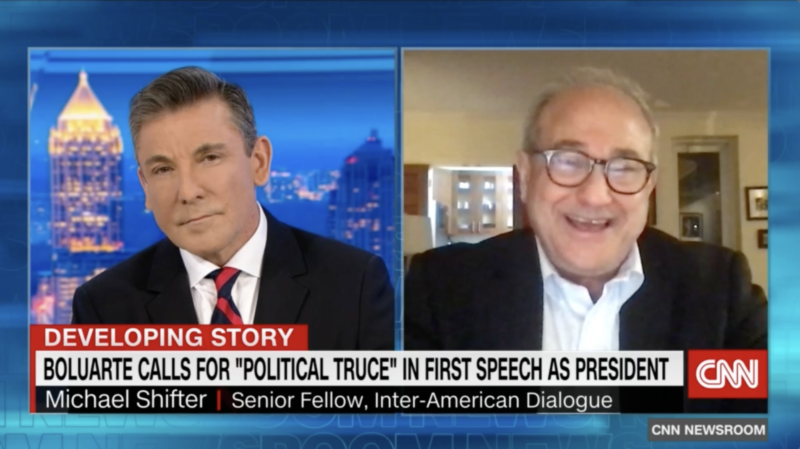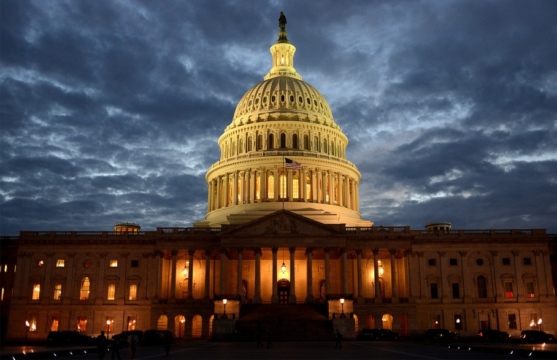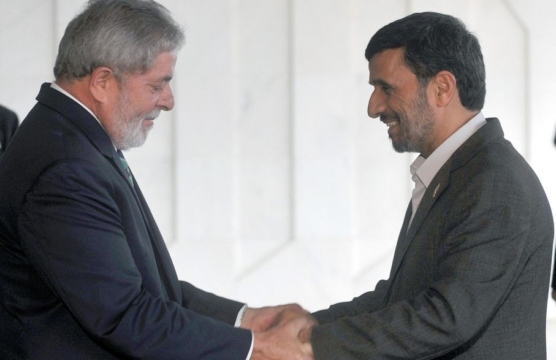What Do the US Election Results Mean for Latin America?
What do the election results mean for hemispheric policy and foreign relations?
Michael Shifter, senior fellow at the Inter-American Dialogue and adjunct professor at Georgetown University, joined CNN for an interview to discuss the ongoing situation in Peru where the now former President Pedro Castillo tried to shut down Congress and was subsequently impeached.
"The coup attempt takes precedence over everything else. But there is the well documented evidence of widespread corruption. There are six traditional investigations underway by the lead prosecutor in the country. Part of the explanation of why this came to a head today was precisely because there was more evidence that was very damning against President Castillo. I think it's true that there are parts of the political elite that never liked him and wanted him out, but it's also true that he was engaged in widespread corrupt behavior, and there was a basis for the charges."
"The problem now is that the only thing more unpopular than Castillo is the Congress. The public opinion in Peru would like to see new elections to have a new Congress. But Congress wants to hang on until the end of the Castillo's term, which is July of 2026. So we have a bit of tension and differences between what the public would like to see, which are new elections, the interest of the new president, and also the congress that's in place, and we'll see how that plays out."
What do the election results mean for hemispheric policy and foreign relations?
A bill pending in the US Congress would require money transmitters to verify their customers’ immigration status. Is this measure good policy?
Iran’s influence in the region, even in the handful of countries where it has been most active, has only declined in recent years.
 CNN International
CNN International

